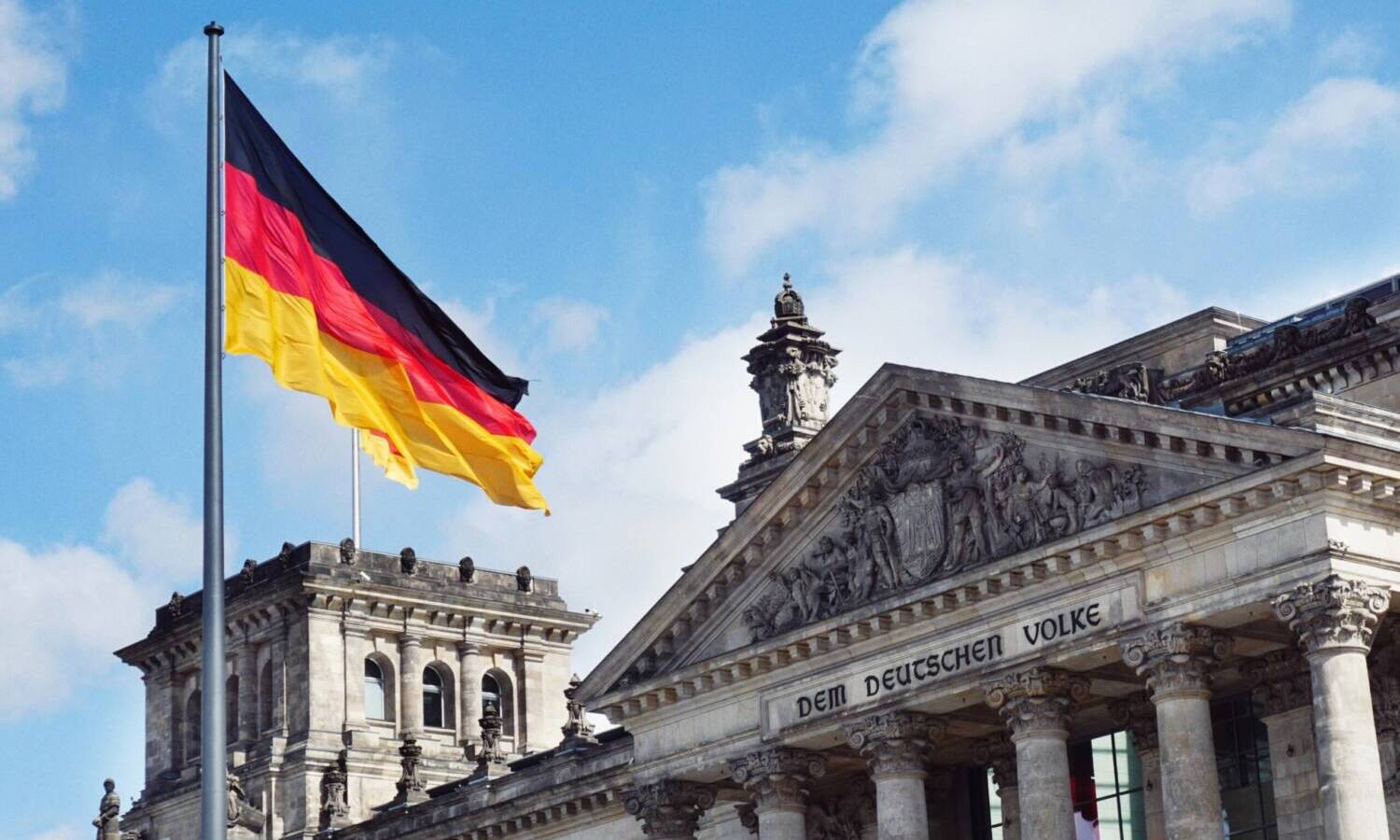
Germany’s move to legalize marijuana will spark wildfire in Europe, says This Cannabis CEO
Through
Germany, the largest economy in Europe, plans to legalize and regulate recreational cannabis. Health Minister Karl Lauterbach presented a plan for the legalization of cannabis to the federal cabinet on Wednesday. The move will make Germany one of the first countries in Europe to legalize recreational cannabis, said Chancellor Olaf Scholz. Currently, Malta is the only country in Europe that has taken this bold step.
The legalization of cannabis for recreational use was enshrined in the coalition government’s manifesto. The coalition government consists of three parties: Social Democrats (SPD), Greens and FDP.
Photo by Susanne Schulz/Getty Images
How things are developing is therefore not surprising. However, it is unclear how long the process will take. While Finance Minister Christian Lindner (FDP) assumes that this should happen by 2023, Federal Drug and Addiction Commissioner Burkhard Blienert indicated that it will not be possible to bring the law into force before the end of 2024.
According to Lauterbach’s plan, around 4 million Germans will have consumed cannabis in 2021. This means that there is a vibrant illegal market that poses a significant risk to public health.
RELATED: Germany’s blueprint for marijuana reform leaked — here’s what it looks like
The plan put forward by Lauterbach included a number of provisions governing the use of cannabis by adults in Germany. Adults are allowed to consume and possess 20 to 30 grams of cannabis. According to reports from local media, private cultivation of cannabis is limited to 2-3 plants per household. In addition, marijuana-related cases that are ongoing but no longer illegal under the new laws will be dismissed. The coalition government plans to introduce a special tax on the consumption of marijuana in addition to the usual sales tax. The plan also includes the rollout of nationwide cannabis education and drug prevention programs.
According to Mike Sassano, CEO of Somai Pharmaceuticals, this move is likely to spread wildfire across Europe. “With the bold steps taken by the Federal Ministry of Health, Europe is officially moving towards full legalisation. The original proposal is launched, launching the public debate that will further shape the rules.
 Photo by Maheshkumar Painam via Unsplash
Photo by Maheshkumar Painam via Unsplash
RELATED: German-led European countries meet to discuss marijuana legalization
“Germany has long been at the forefront of medical cannabis reform and all other countries in the EU will follow with similar versions once complete. As countries position themselves behind Germany, the EU Parliament and the UN will also be forced to recognize that their rules need to be modernized, which comes as no surprise to these higher-level bodies. 2023 is going to be a cannabis wildfire in Europe, and Germany is leading the way as the EU’s largest economy, generally setting the trends and agendas,” Sassano said.
Germany legalized cannabis for medicinal purposes in 2017. The Netherlands allows small amounts of cannabis to be sold in coffee shops, but the market is not regulated. According to Mr. Olaf, Germany will not try to emulate the Dutch, but will instead create a regulated market against which other European countries can measure themselves in the future. According to a survey conducted last year, the legalization of cannabis for recreational use could bring in 4.7 billion euros a year for the German economy.
This article originally appeared on MyCannabis and has been republished with permission.

Post a comment: